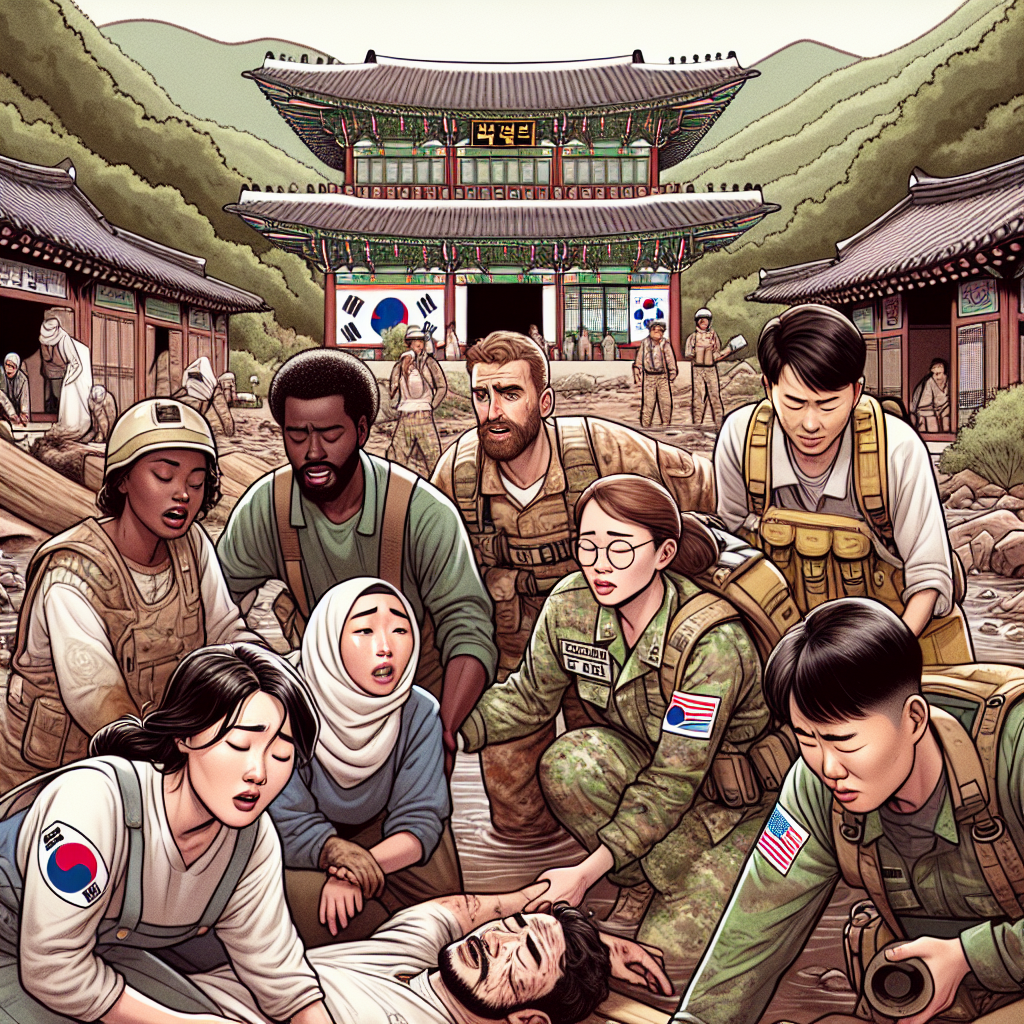South Korea Resolves Medical Impasse by Dropping License Suspension for Striking Doctors
The South Korean government has decided to retract its plan to suspend the licenses of striking doctors in an effort to resolve the ongoing medical crisis. The strike involves over 13,000 junior doctors protesting a government plan to increase medical school admissions. This move aims to alleviate a doctor shortage, especially in emergency and low-paying specialties.

- Country:
- South Korea
South Korea announced on Monday that it will withdraw its earlier plan to suspend the licenses of striking doctors, aiming to resolve the months-long medical standoff.
It's unclear how many of the thousands participating in the strike will return to work following the government's announcement. The decision has sparked concerns about fairness in handling labor strikes and the return of doctors. Health Minister Cho KyooHong stated that the government would not suspend the licenses of striking doctors, regardless of their return to their hospitals.
This decision aims to address the shortage of doctors treating critical patients and restore the training system for professional doctors. Over 13,000 junior doctors, including medical interns and residents, walked out in February in response to the government's plan to increase medical school admissions, significantly impacting university hospital operations. A Seoul court supported the government's plan in May. The government initially chose not to suspend the licenses of returning doctors but had not extended this to those still striking.
Officials cite the need to add up to 10,000 doctors by 2035 to address an aging population and a physician shortage in rural areas and essential specialties. While doctors argue that schools are unprepared for this influx and fear diminished medical services, critics claim doctors are concerned more about potential income loss. The striking doctors, although a fraction of the total number in South Korea, have significantly affected major hospitals, leading to the cancellation of many surgeries and medical treatments, seriously disrupting the country's medical services.
(With inputs from agencies.)










